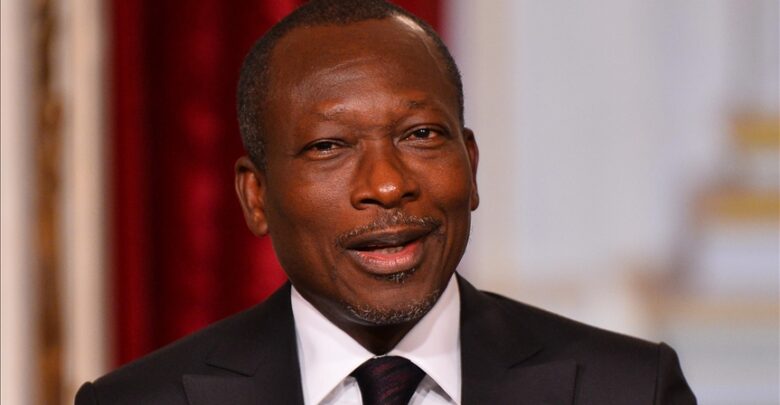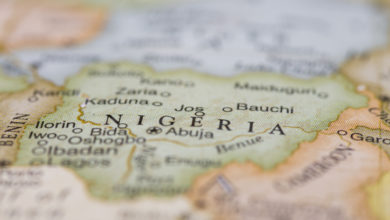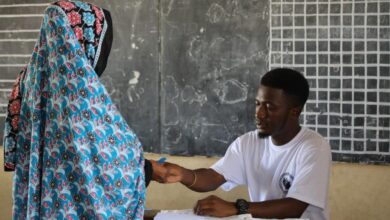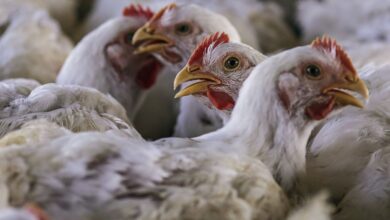Benin
Benin’s Incumbent President Patrice Talon Wins Majority In First Round Of Election

Benin’s National and Autonomous Electoral Commission (CENA) on Tuesday announced incumbent President Patrice Talon has won a majority of votes cast in the first round of presidential elections, reported Africa News.
According to provisional results announced by the election commission, Talon received 86.37% of the votes or 1,984,832 votes in the April 11 polls. His rivals Alassane Soumano got 11.29% of the votes and Corentin Kohoue got 2.35%. The overall voter turnout was 50.17% or 2,298,401 votes cast out of a possible 4,802,303 voters.
“The duo Patrice Talon and Mariam Talata (vice-presidential candidate at his side) obtained in the first round the majority of votes cast,” said Genevieve Boko Nadjo, the vice-president of the Autonomous National Electoral Commission (CENA).
According to the provisions of Benin’s new electoral law in force, the president is elected in duo with a vice president by direct universal suffrage, for a term of five years renewable only once.
The Constitutional Court will now verify the figures in the next few days and will pronounce the final results.
Talon was first appointed president in 2016 for a five-year term. His term in office led to Benin’s economic recovery, according to observers. His reelection in the first round of the election is no surprise, as the major opposition figures are either in exile, in prison, ineligible, or prevented from participating in the election.
Opposition leaders in the West African nation had called for a boycott of Sunday’s election, accusing Talon of pushing through election laws that disqualified his rivals or forcing them to leave the country.
The period and days leading to the election were marked by violence and protests with national and international observers highlighting a democratic setback since Talon’s term began.
International Rights Group Amnesty International had called on Benin authorities to protect freedom of expression, demonstrations, and the legal rights of opponents who are arrested.






